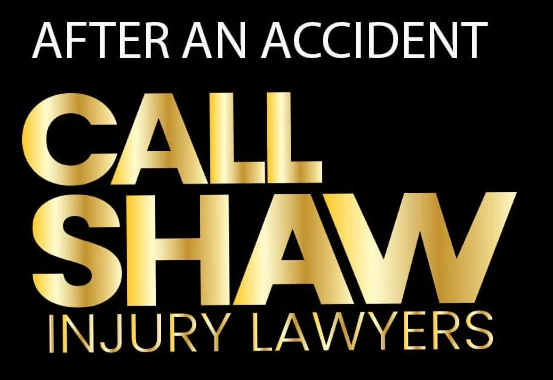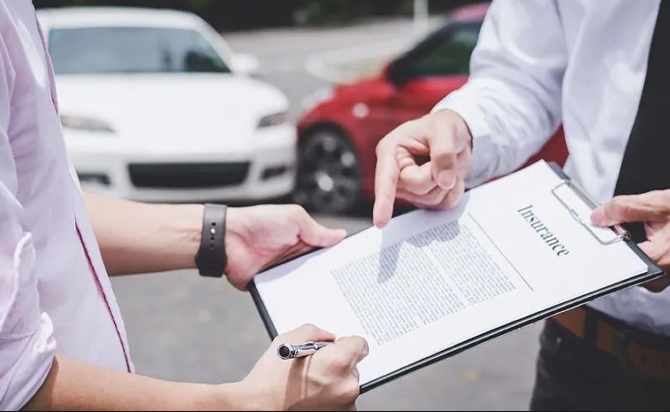Every year, millions of car accidents occur across the United States, leaving victims with serious injuries, property damage, and financial stress. For many, the aftermath of a crash can be overwhelming—hospital bills start piling up, insurance adjusters call nonstop, and uncertainty about legal rights becomes a daily burden.
At LawAccidents.com, we believe that knowledge is the first step toward justice. This guide explains the critical legal steps every accident victim should take, the importance of hiring a car accident lawyer, and how to maximize your chances of receiving full compensation.
1. Immediate Steps to Take After a Car Accident
Taking the right actions immediately after a collision can make or break your legal claim.
-
Call 911 and report the accident.
Always request a police report—it serves as an official record. -
Seek medical attention.
Even if injuries seem minor, some symptoms (like whiplash or internal bleeding) may appear days later. Medical records will also serve as proof of injury. -
Gather evidence.
Take photos of the vehicles, road conditions, traffic signs, and visible injuries. Collect names and contact information of witnesses. -
Avoid admitting fault.
Anything you say can be used by insurance companies to reduce your compensation. Stick to the facts.
2. Understanding Your Legal Rights After a Car Accident
Victims are often unaware of the compensation they are entitled to. In the U.S., accident victims may recover:
-
Medical expenses: hospital bills, surgeries, rehabilitation, and future treatment.
-
Lost wages: income lost due to time away from work.
-
Property damage: repair or replacement of your vehicle.
-
Pain and suffering: emotional distress, trauma, and reduced quality of life.
-
Wrongful death damages: if a loved one was killed in a car accident.
3. Why You Need a Car Accident Lawyer
Many people assume that filing a claim with their insurance company is enough. Unfortunately, insurers often aim to pay the lowest settlement possible. A skilled attorney:
-
Investigates the accident thoroughly.
-
Calculates the true value of your claim (medical bills, lost income, future expenses).
-
Negotiates aggressively with insurance adjusters.
-
Files a lawsuit if the settlement offer is unfair.
Hiring a personal injury attorney can increase the settlement amount by up to three times compared to handling it alone.
4. Filing an Insurance Claim: What You Must Know
Insurance companies are known for delaying, disputing, or denying claims. To strengthen your case:
-
File your claim as soon as possible.
-
Submit all medical and repair records.
-
Keep detailed notes of every conversation with your insurer.
-
Never sign a settlement agreement without legal review.
If your insurance company acts in bad faith (delays, denial without reason, or misrepresentation), your lawyer may sue them for additional damages.
5. Common Mistakes That Can Ruin Your Claim
-
Posting about the accident on social media.
-
Skipping medical appointments.
-
Accepting a quick settlement check without legal advice.
-
Giving a recorded statement to the insurance adjuster.
6. How to Maximize Your Compensation
-
Document everything (injuries, expenses, missed workdays).
-
Follow your doctor’s treatment plan.
-
Consult an experienced accident lawyer early.
-
Be patient—settlements take time but often result in higher payouts.
7. Frequently Asked Questions (FAQs)
Q: Do I need a lawyer for every car accident?
Not always. Minor fender-benders may not require legal help. But for injuries, disputed liability, or large medical bills, a lawyer is essential.
Q: How much do car accident lawyers charge?
Most personal injury attorneys work on a contingency fee basis—meaning they only get paid if you win your case (typically 30–40% of the settlement).
Q: How long does it take to settle a case?
Anywhere from a few months to over a year, depending on case complexity and whether it goes to trial.
Conclusion
Being involved in a car accident is stressful, but protecting your legal rights doesn’t have to be. By acting quickly, gathering evidence, and working with a skilled accident attorney, you can significantly improve your chances of securing the compensation you deserve.
At LawAccidents.com, our mission is simple: helping accident victims fight back against insurance companies and win maximum compensation.
👉 If you’ve been in a car accident, don’t wait—consult a qualified lawyer today and take the first step toward justice.
🔗 Useful Resources for Car Accident Victims
If you’ve been involved in a car accident, these trusted resources can help you understand your rights and next steps:
-
NHTSA – National Highway Traffic Safety Administration – Official U.S. government site with accident statistics, safety tips, and legal information.
-
CDC – Injury Prevention & Control: Motor Vehicle Safety – Learn about motor vehicle injuries, prevention, and health impact.
-
FindLaw – Car Accident Legal Information – Comprehensive legal guides on car accident lawsuits, claims, and attorney advice.
-
Legal Information Institute – Cornell Law – Definitions and explanations of personal injury law and related legal terms.
-
Insurance Information Institute – Step-by-step guide on what to do after a car accident and dealing with insurance claims.
👉 For more guides and legal insights, visit our homepage at LawAccidents.com.

